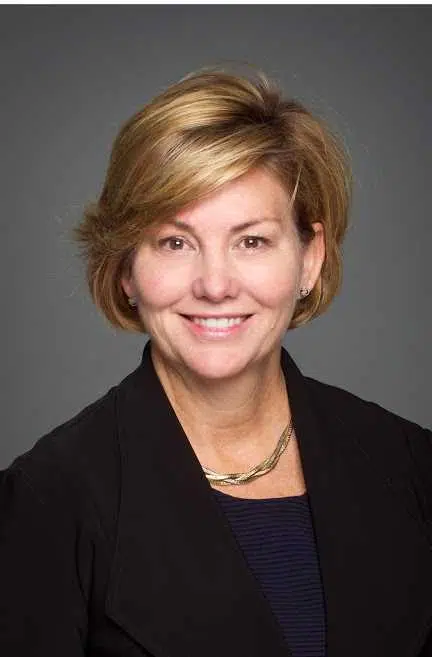
Despite it being labelled a carbon tax, she calls it the price on pollution.
MP for South-west New Brunswick Karen Ludwig says anyone running for office in the last two years would have known it was a priority to get a carbon plan in place, that includes Premier Blaine Higgs.
“Suing the federal government is not going to do anything to fight pollution. I believe, and I do think many Canadians believe, we do have a responsibility and obligation to fight pollution.”
Ludwig tells us the idea behind the carbon tax is to change the behavior among consumers, and using incentives will help.
She points to the $5000 rebate for electric vehicles recently announced in the 2019 federal budget, “We’re starting to move in that direction, but even the car manufacturers are moving in that direction. We have so many people, even here in Charlotte County, that drive F-150’s, and there is now a plan on assembly lines to start shifting the F-150 to an electric vehicle.”
The money that’s collected from consumers for the Carbon Tax, Ludwig says, is fairly neutral.
“The figures were taken from provincial data and how much the average person would spend, how much it would cost them, and then the rebate is slightly more.”
She says the rebate also came into effect before the Tax was implemented at the gas pumps in order to help New Brunswickers plan on how to reduce their carbon emissions.
Ludwig says 90% of the money collected goes back to New Brunswickers, while 10% will go into a carbon fund used for projects and plans involving green efficiencies in municipalities, universities and colleges, schools, hospitals, and small businesses.
She says that carbon fund, over the next five years, is expected to generate about $77 million.
“If someone comes to us with a small business, we get approached all the time about solar panels. Those are the type of incentives we’ll be looking to fund.”
Another thing Ludwig says many people may not be aware of is the exemption to the carbon tax for fishermen and farmers.
She tells us they’re not paying the 4.4 cents, “They buy marked fuel, and because they’re buying this marked fuel, specifically for those sectors so they’re not offset, they’re exempt. It was focusing on industries that are generating food because then the cost would not be returned to the consumer.”
Ludwig mentions the fact a “Made In New Brunswick” plan is also still a possibility, and if the eight MLA’s who touch into her riding are willing, she says she would be the first to step up and work on a new carbon plan with them.
“I think it’s the investment for the future. I have grandchildren, and history will judge us. I think, as Canadians, we tend to lead on so many issues, and I think we can lead on this.”






